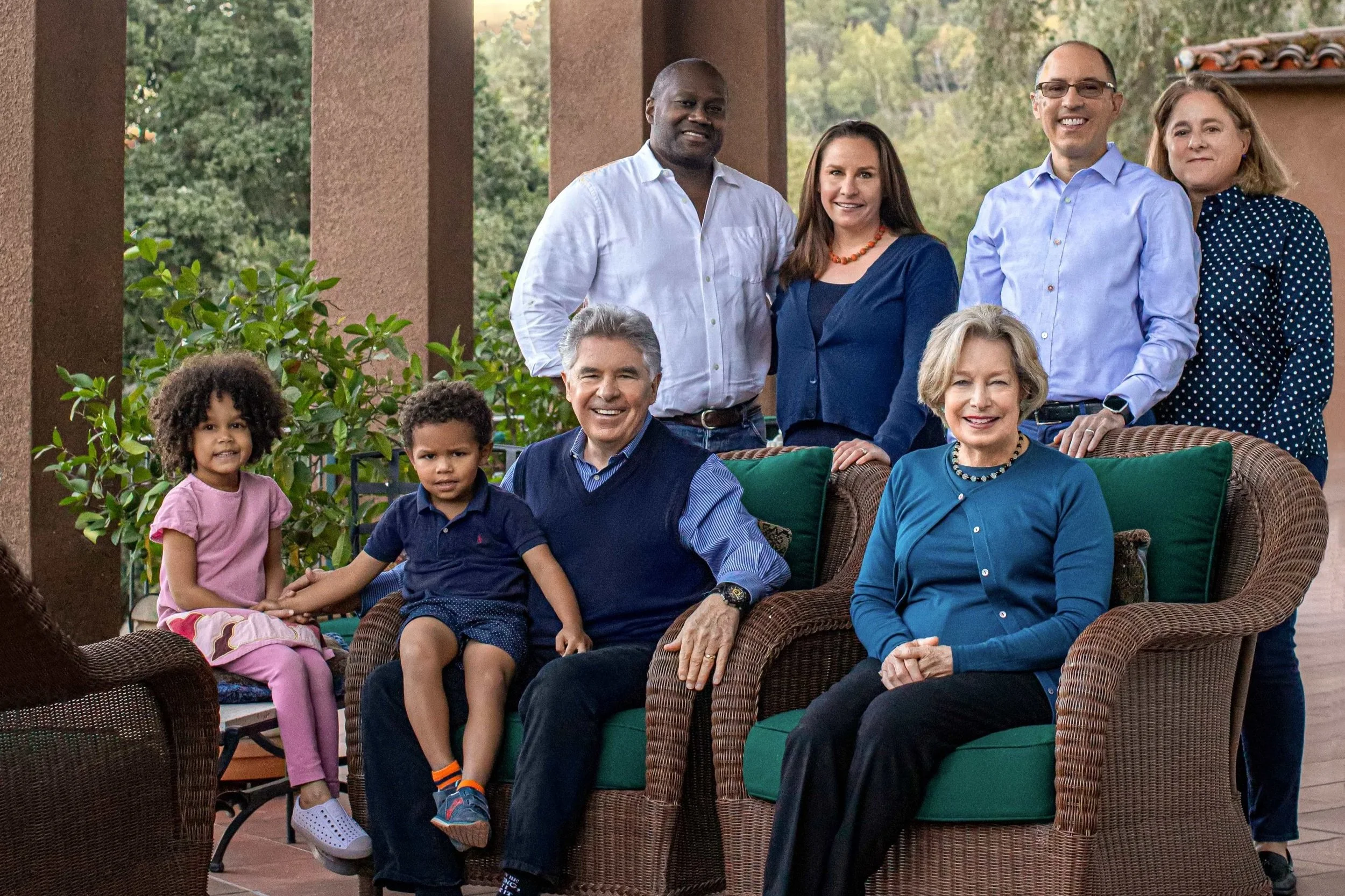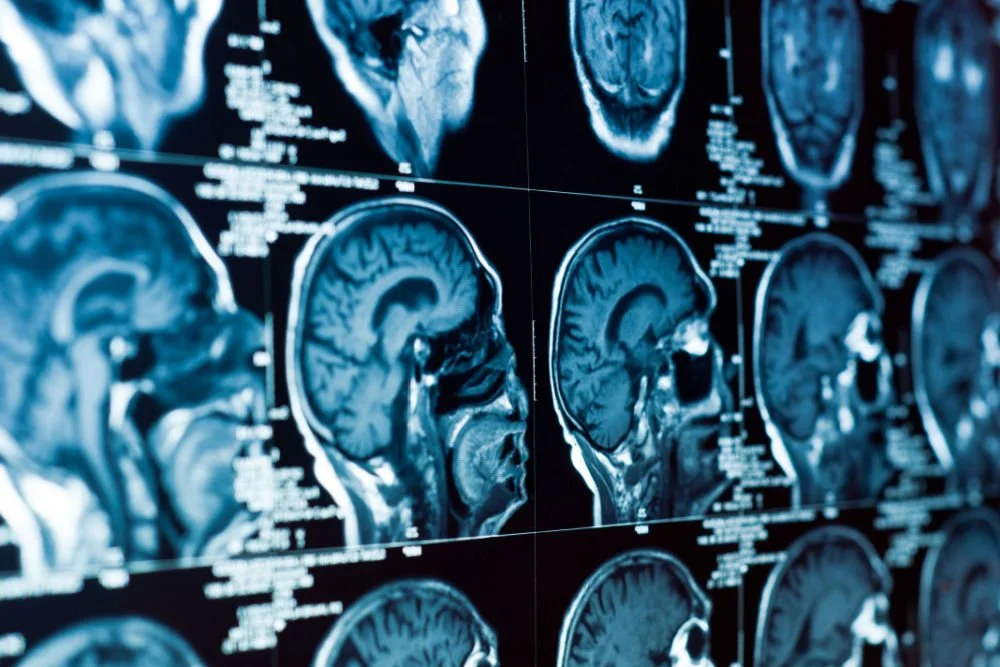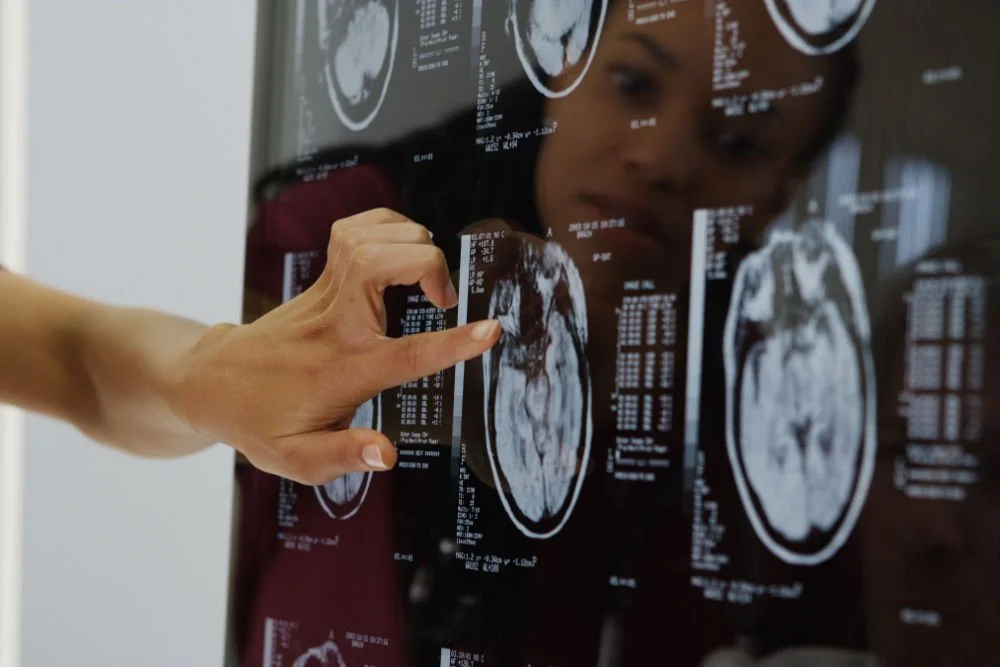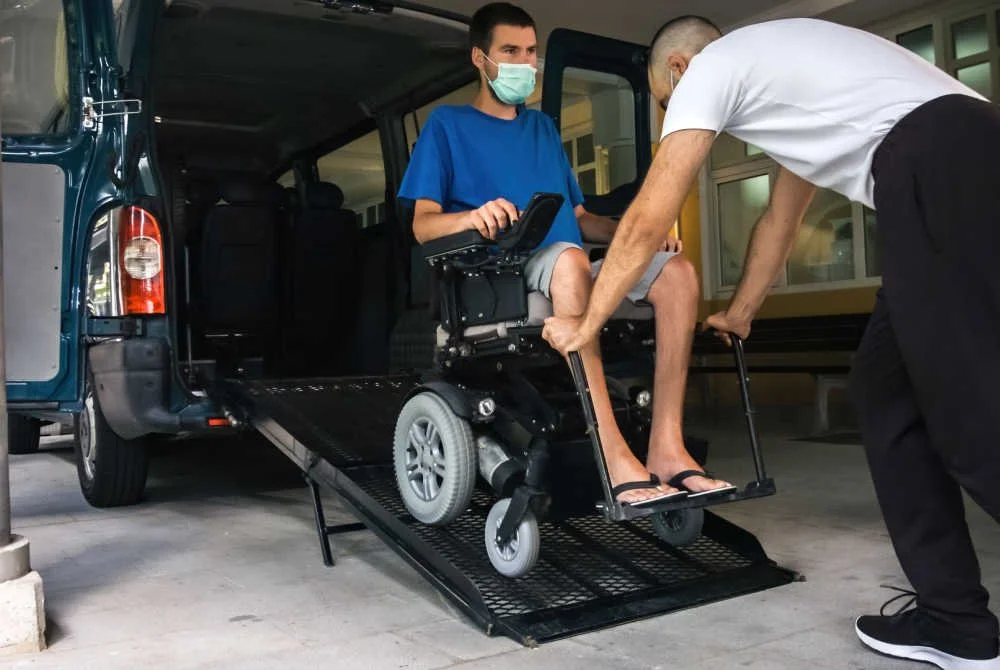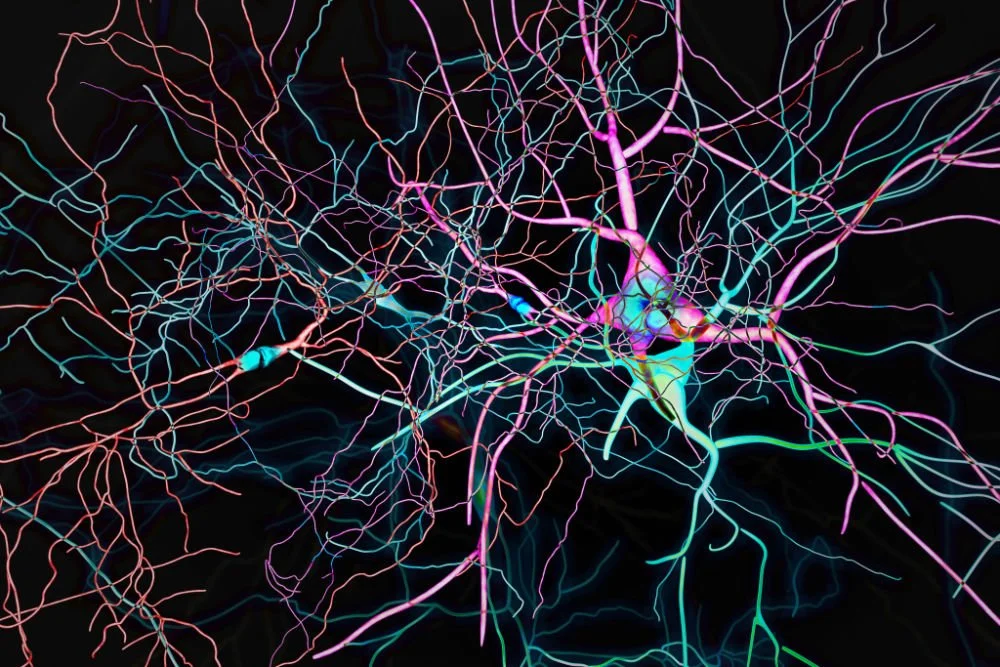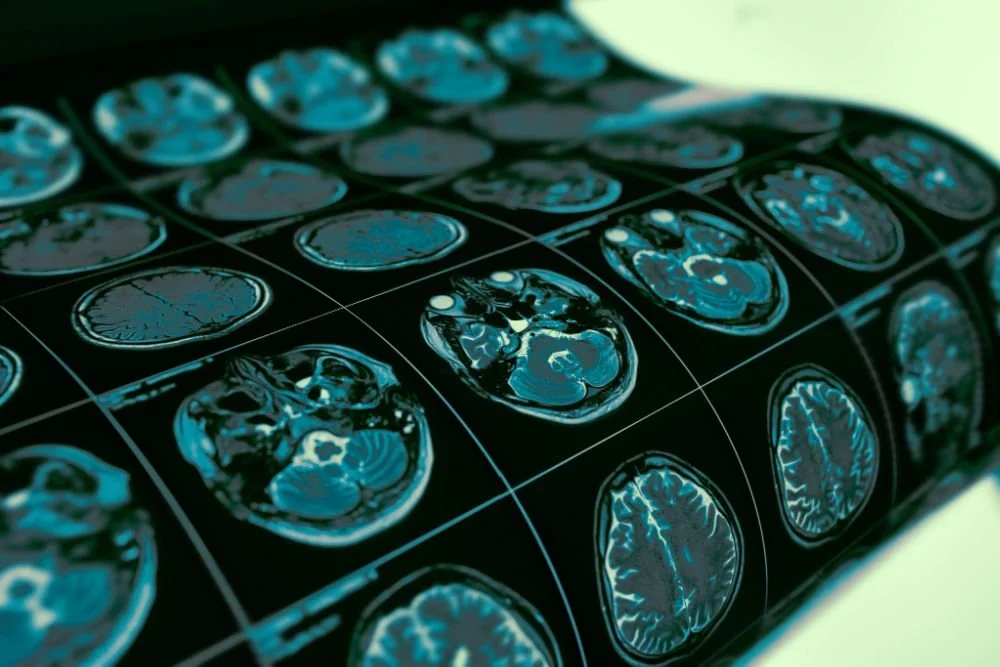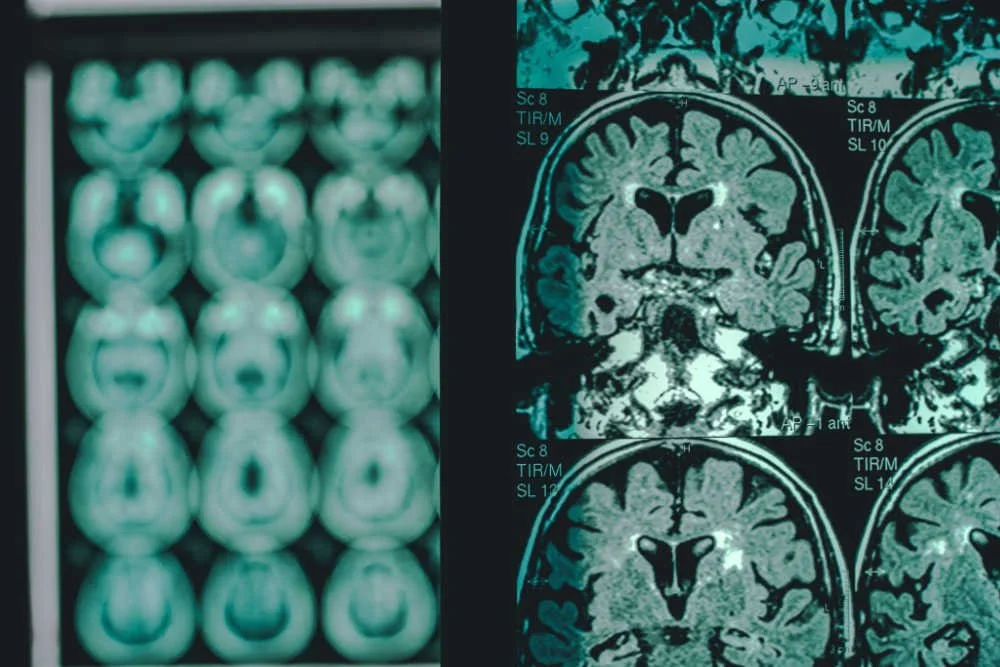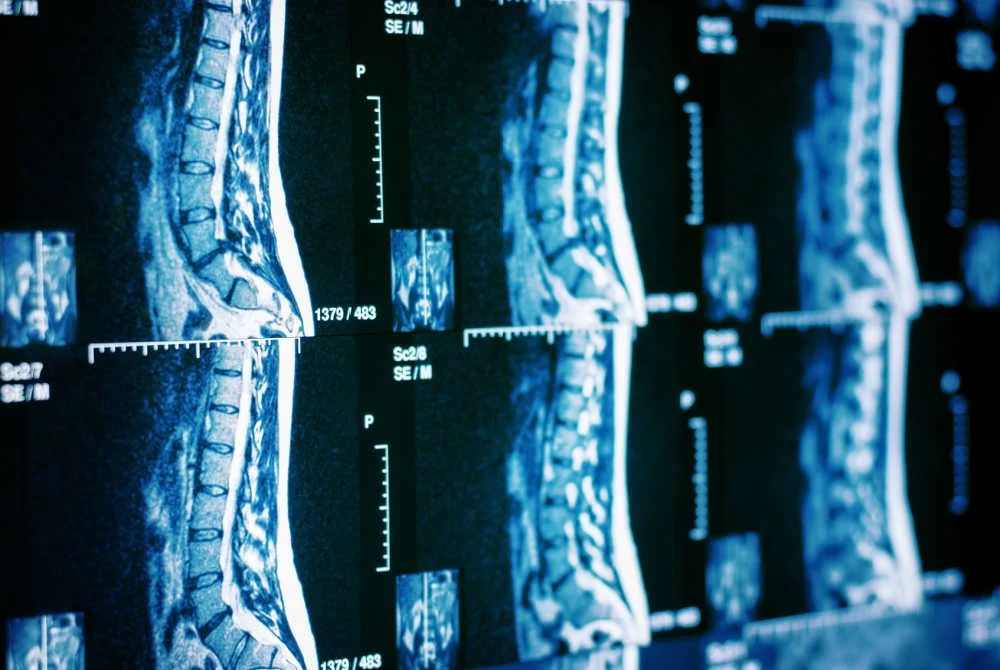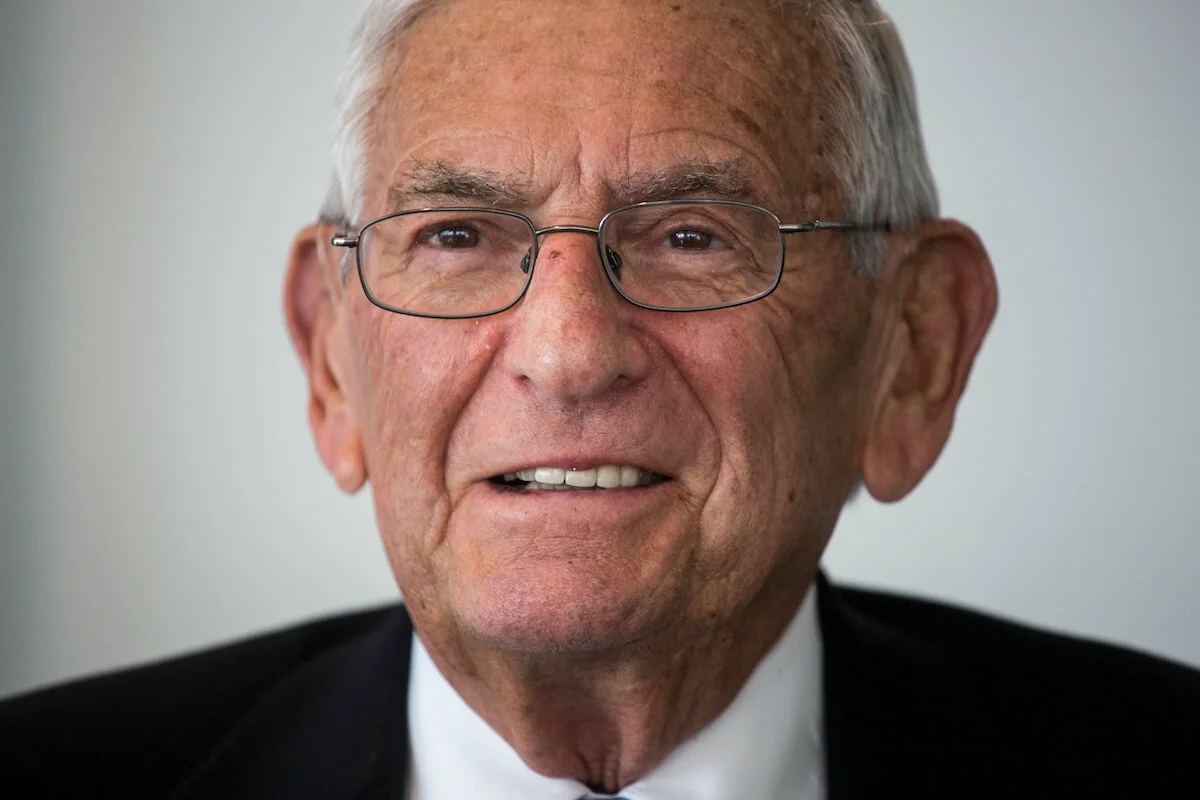A Foundation Bridging Neuroscience and Clinical Treatments, Across Continents
/Harvard Medical School. Photo: ThePhotosite/shutterstock
The Bertarelli Foundation’s ongoing funding for neuroscience and sensory disorders is all about forming bridges around a rapidly advancing area of science.
Most obviously, the Swiss-based foundation is bridging two continents, as the main partners are Harvard Medical School in Boston and Ecole Polytechnique Fédérale de Lausanne in Switzerland. It’s also about connecting different disciplines and specialties, as the former institution is known for treatment of disease, and the latter for engineering and technology. The program also connects researchers and clinicians from other institutions around Massachusetts.
Finally, it’s about bridging basic neuroscience discovery and clinical applications. Our fundamental knowledge of how the brain works has advanced significantly in recent decades, and the Bertarelli funding—starting in 2010 with $9 million, and recently extended by $6.35 million—mixes and matches scientists, engineers and clinicians in hopes of using that knowledge to develop novel treatments.
In particular, the Bertarelli Program in Translational Neuroscience and Neuroengineering is focusing on sensory disorders that affect sight, hearing, smell, touch and pain, identifying them as areas that show a lot of potential through such mixing and matching.
While siblings Ernesto and Dona Bertarelli focus these days on investing, philanthropy, and, in Ernesto’s case, yacht racing, the family has deep connections to life sciences. Ernesto Bertarelli took over Swiss pharmaceutical company Serono from his father, and with Dona, grew the company and sold it to Merck for more than $13 billion. Ernesto currently deals in asset management that includes a life sciences investment fund backing drug-development companies based in Boston and elsewhere.
The family created the Bertarelli Foundation in 1998, following their father’s passing, and unsurprisingly, funds a lot of life sciences research. In the late 2000s, the foundation extended its support to communities in Europe and marine conservation.
Related:
- Philanthropy’s Part in a Flurry of Global Ocean Protection Commitments
- Behind the Protection of Vast Swaths of Ocean, A Big Victory for Green Philanthropy
This particular funding program started back in 2010, with the launch of the partnership between Harvard Medical School and Ecole Polytechnique Fédérale de Lausanne. It set up a collaborative research grant program to bring together scientists from different disciplines, which has given two rounds totaling 11 grants so far. There’s also an fellowship that brings EPFL from Switzerland to Boston for a year to conduct research. The funding also set up annual symposia that rotate between the two locations.
The new $6.35 million gift will extend these programs, with a focus emerging on treatment of sensory disorders. The latest symposium, for example, was all about gene therapies for sensory disorders.
The program has backed some interesting research. For example, funded teams pair up genome engineering specialists with ear, nose and throat experts to work on new gene editing techniques as potential treatments for types of hearing loss. Other researchers are applying new imaging technology to develop methods of hearing loss diagnostics. Another team is working on developing new approaches to fMRI scanning to understand brain activity of children with autism spectrum disorders.
The Boston-Switzerland connection is actually a pretty natural one, considering both geographies are booming centers of biotech research, both in universities and private firms. Ernesto Bertarelli attended Harvard Business School, to which he’s also donated. And he has important business ties to the biotech sector in the Boston area. In fact, that’s one more bridge—you can count Bertarelli among the billionaires whose business interests and philanthropic pursuits closely align.







